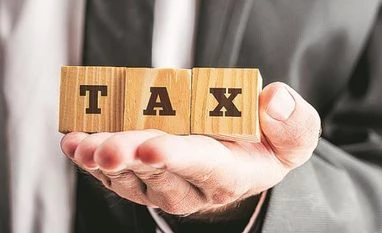The six-member task force will have Arbind Modi, CBDT Member (Legislation) as the Convener and other members, including Girish Ahuja (chartered accountant), Rajiv Memani (Chairman and Regional Managing Partner of EY) and Mansi Kedia (Consultant, ICRIER).
Prime Minister Narendra Modi, during the annual conference of tax officers in September, had observed that the Income-tax Act, 1961 was drafted more than 50 years ago and it needs to be redrafted.
More From This Section
"Accordingly, in order to review the Act and to draft a new direct tax law in consonance with economic needs of the country, the Government has constituted a task force," a finance ministry statement said.
The task force will submit its report to the government within 6 months.
Chief Economic Adviser Arvind Subramanian will be a permanent special invitee in the task force.
The panel has been tasked to draft a direct tax legislation keeping in view the tax system prevalent in various countries, the international best practices and economic needs of the country.
Seeking to replace the existing I-T Act, the UPA government had in 2009 come out with Direct Taxes Code to simplify the tax legislation for individual taxpayers as well as corporates.
The Direct Taxes Code (DTC) Bill, 2010, which was introduced in Parliament in 2010, lapsed with the dissolution of the 15th Lok Sabha.
The Bill had proposed annual I-T exemption limit at Rs 2 lakh, and levying 10 per cent tax on income between Rs 2 lakh and Rs 5 lakh, 20 per cent on Rs 5-10 lakh and 30 per cent above Rs 10 lakh. For domestic companies it suggested tax rate of 30 per cent of business income.
The NDA government, since coming to power in 2014, has already implemented general anti-avoidance rules GAAR. In 2016 Finance Minister Arun Jaitley also promised to lower corporate tax rate to 25 per cent in 5 years.
Currently, income up to Rs 2.5 lakh per annum is exempt from tax for individuals.
)